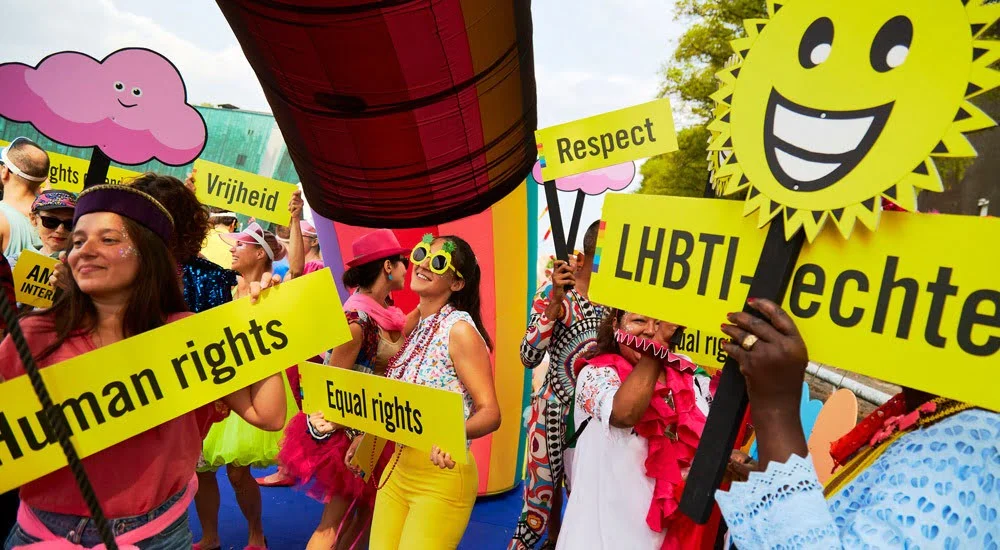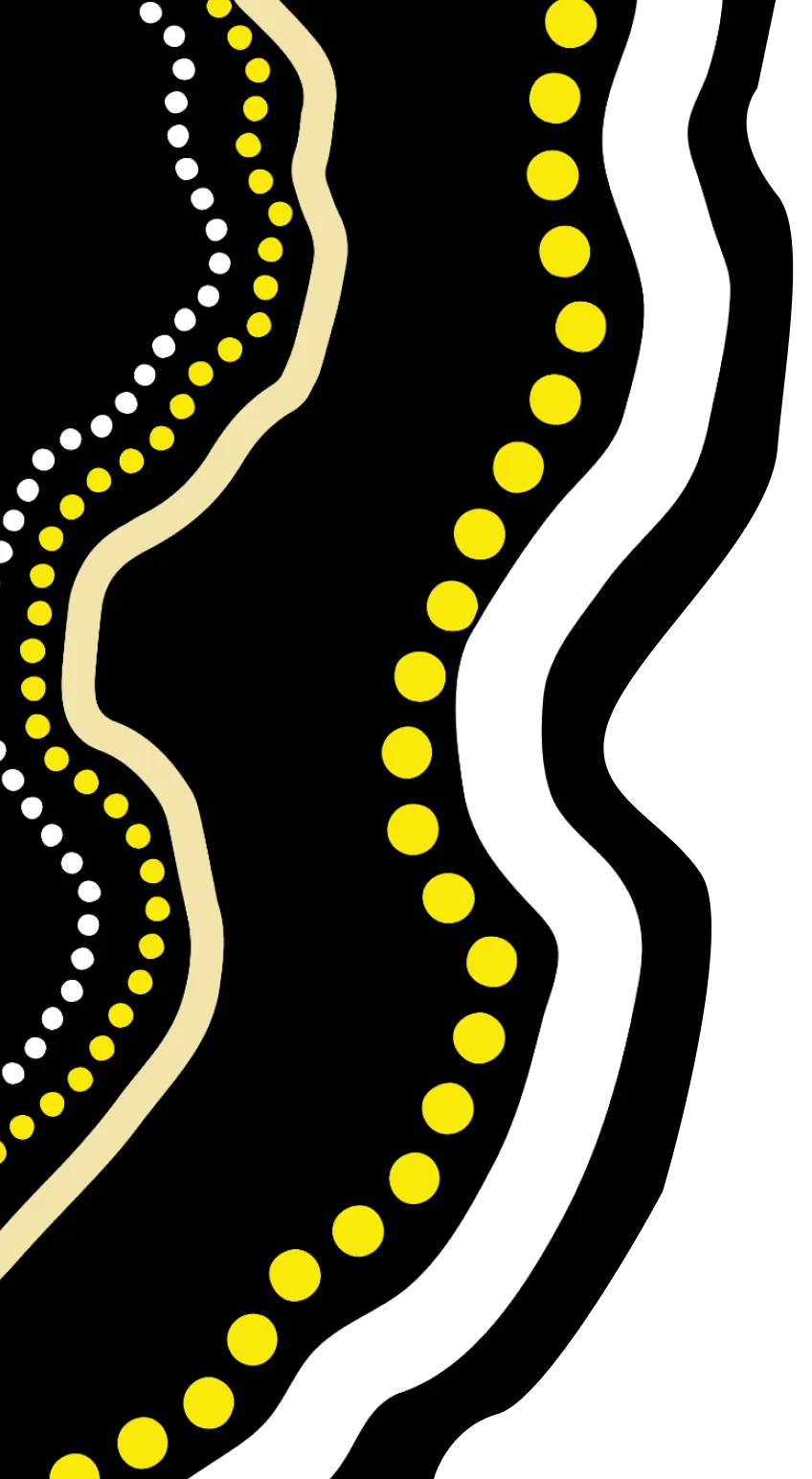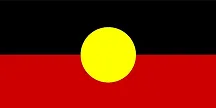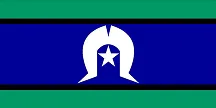We all know the joyful images (probably the one illustrating this piece, too) of people revelling in pride marches all over the world. It’s a great time for the Queer community and their allies to celebrate freedom of expression, and the right to be exactly who they are.
But, just like Sydney’s iconic Mardi Gras, the celebration of Pride is born of protest, and it’s students and academics who are often at the forefront of social movements and bear the brunt of governments who want to restrict human rights. Protesting for lesbian, gay, bisexual, trans, intersex, queer and asexual (LGBTIQA+) rights is no exception.
Some governments wish that Queer people did not exist. The very existence of queerness, challenges the status-quo. The binary gendered norms and roles that have been perpetuated for centuries by Western society and colonisers are questioned in Queer movements.
The Stonewall protest which became instrumental in propelling and providing a platform to LGBTIQA+ rights was a symbolic movement created and started by trans people of colour. Its effects have reverberated across the globe.
It is important to outline that while Pride marches have become a form of solidarity and expression for many Western activists, this is not possible in some regions, where the mere thought of a Pride march can resulta jail sentence, or worse.
In Turkey, since 2011, the Middle East Technical University’s (METU) LGBTI+ solidarity group has organised a Pride march on the university campus every year.
In 2019, Amnesty International reported that the march resulted in the arrest and detention of twenty-three students and academics, among them Melike and Özgür. On December 10 – ironically, also the day which marks the anniversary of the signing of the Universal Declaration on Human Rights- the case is to be brought before the courts. Melike and Özgür’s future along with 19 other academics and students hangs in the balance.
METU has connections with several leading Australian universities such as Monash University, RMIT and the Queensland University of Technology.
METU’s code of values proclaims that the university ‘[protects] the rights and freedoms of others’ but instead of upholding this code of ethics the university management sought to involve authorities with the full knowledge that this peaceful display of solidarity would end in the arrest of their own students and academics.
But the crackdown on Queer activists is not new. For decades, governments around the globe have quelled freedom of expression to repress Queer activism.
In these situations, especially when you are on the other side of the world in Australia, it can feel as though you can do nothing. But you can – There are lots of ways you can join the fight alongside Melike, Özgür and other students of METU LGBTI+ solidarity group.
METU has connections with several leading Australian universities such as Monash University, RMIT and the Queensland University of Technology. The Australian universities in question have a great deal of influence and power and should assert their influence to make sure that this action is not acceptable. So write to your Vice Chancellor and put together a coalition with your university Pride groups.
It is impossible to escape the fact that Queer people are an international family and that what one country does to one of our family members, hurts the entire family. To quote Queer activist Adam Eli, ‘Queer people anywhere, are responsible for Queer people everywhere’.
You can find out more about Melike and Özgür’s situation here. You might also consider signing Amnesty International’s petition which is directed to Minister of Justice Adalet Bakanlığı.



